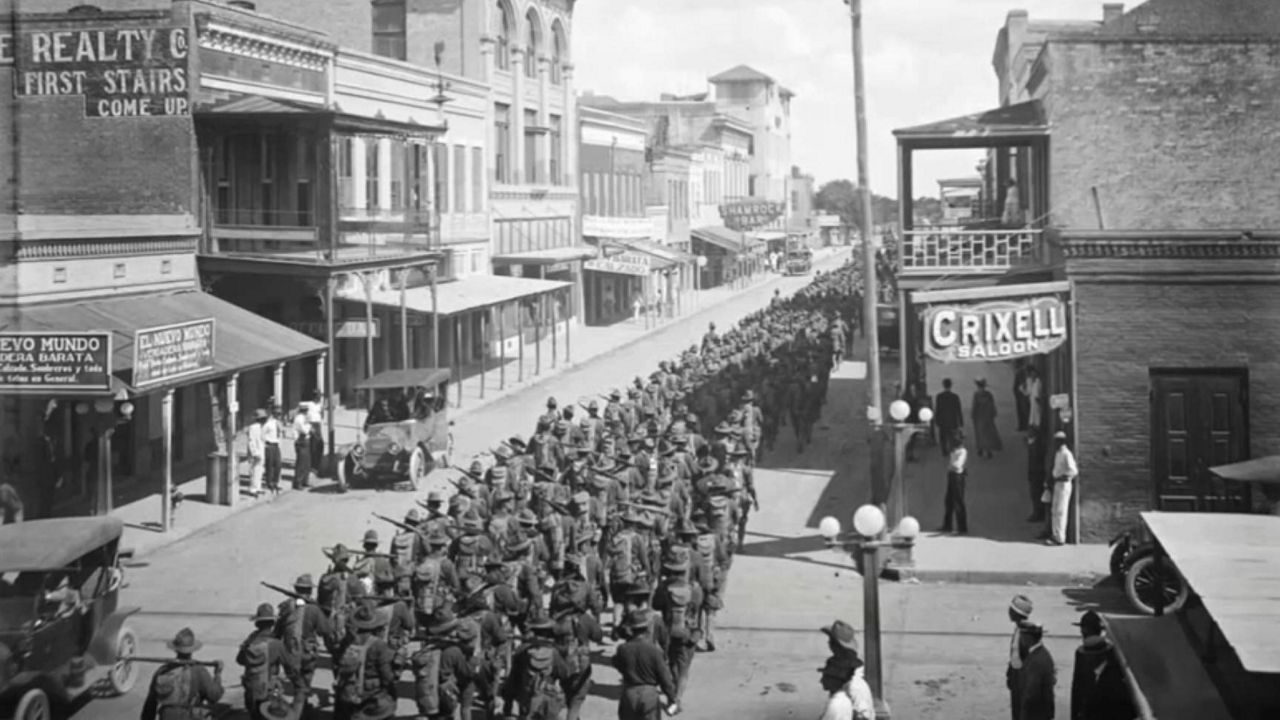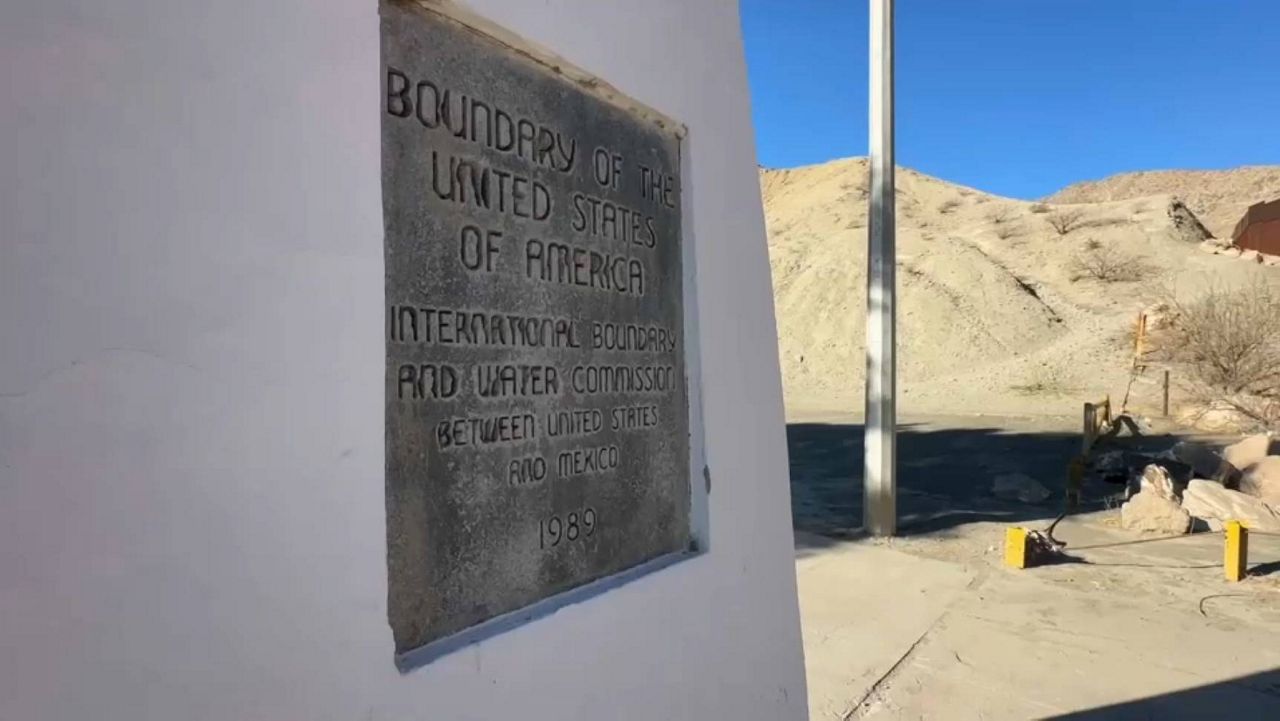LEWISVILLE, Texas — Neri Jose Alvarado Borges was at one moment the star baker at a Venezuelan treats bakery in Lewisville, Texas.
Alvarado, a Venezuelan asylum seeker, was employed by Juan Enrique Hernandez, who also became his friend. Alvarado had big plans for his future in the United States, but all that would change abruptly on Feb. 4.
“It was 10:30 a.m., and Neri wasn’t here. I called him on his phone but nothing. I went to his apartments, and they told me ICE (U.S. Immigration and Customs Enforcement) had detained him,” said Hernandez.
That day would be the start of a nightmare for Alvarado, his family and friends.
The next day, Hernandez went to see Alvarado at a detention center in Abilene. That’s when Hernandez found out that Alvarado had an open complaint for crossing the border illegally. He tried to explain the situation to immigration officials, to no avail.
“He (Alvarado) told them ‘yes, but I have my documents in the car that Border Patrol gave me. That I have a court date. I have an open asylum case,’” said Hernandez.
Alvarado remained in detention and couldn’t show up for his asylum hearing on Feb. 13. The judge issued a deportation order as a result.
Alvarado would eventually see a judge and be able to explain he was not taken there by ICE, but it wouldn’t end there.
“The judge told him, now you have a deportation order for working illegally. Do you want to defend your case in detention or be deported? He told them, ‘if I can’t defend myself in the street with my asylum and the proofs I have, then send me back to Venezuela,’” Hernandez, who talked to Alvarado nearly every day, explained. “‘OK’, the judge said, ‘I’ll issue a deportation order to your country.’”
But Alvarado never arrived in Venezuela on the day his family awaited him.
Instead, he ended up in the infamous CECOT (Centro de Confinamiento del Terrorismo) prison in El Salvador.
He was sent there on one of three flights the federal government says were for gang members and criminals.
Izaida Alvarado, his sister, got worried, and when the list was published, she felt afraid for her brother. She says he is not a criminal.
“It was very difficult to see how they were being treated. I said ‘Oh My God! Why? He has no criminal record here, there, or anywhere!’” Izaida Alvarado said in a Zoom interview from Venezuela.
The family insists that Alvarado should have had the chance to defend himself in court. They feel his tattoos had a role to play.
“It feels to me very unfair to judge a person for his tattoos without investigating,” Izaida Alvarado said. “He got the tattoo because of my younger brother with autism. It even has his name in it. It’s for autism awareness.”
Alvarado’s deportation is just one of many that has brought closer scrutiny of President Donald Trump’s deportation agenda.
The federal government has so far admitted to making a mistake in at least one case of a deportation to the CECOT prison — the deportation of Maryland resident Kilmar Abrego Garcia.
On Thursday, the U.S. Supreme Court said the Trump administration must facilitate the return of Abrego Garcia, who immigrated to America from El Salvador over fears he would face persecution from local gangs.
Even so, Department of Homeland Security Secretary Kristi Noem remained defiant, declaring recently they should stay there for the rest of their lives.
Hernandez is now doing everything he can with his own financial means to find an attorney with jurisdiction, but without success. Alvarado is in legal limbo without due process, he says.
“It’s regrettable and a difficult situation. And not only Neri is going through it. Just like Neri, there were many who were good and were thrown down the same tube,” said Hernandez.
Alvarado’s family, with their limited resources, have asked the Venezuelan government to petition for him.
They have started a social media campaign with testimonies of people who know Alvarado to speak in his favor. Despite the odds being stacked against them, Izaida Alvarado says she won’t give up and hasn’t lost hope.
“We are fighting for him, and we’re doing everything we can for him to get out of there. God is going to give us this miracle to have him back home. We love him and I miss him so much,” she said with tears in her eyes and a cracking voice.









